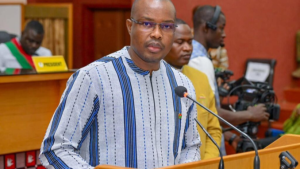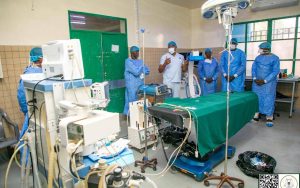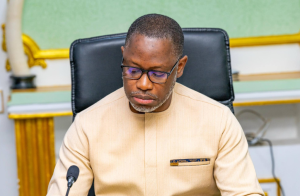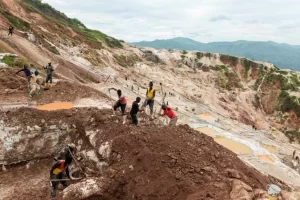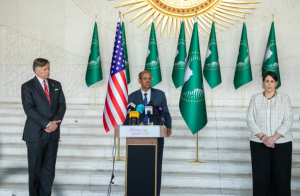Burkina Faso: The government adopts key decisions on budget, security, and sovereignty
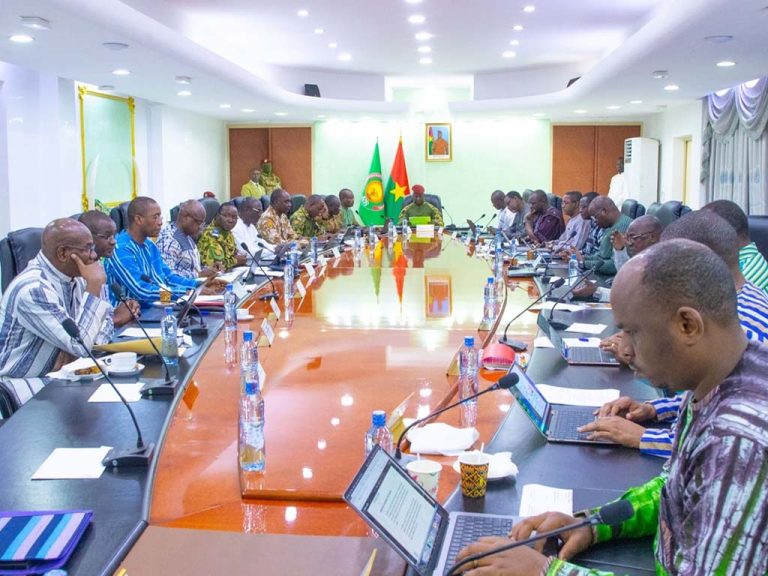
The Burkinabe government, chaired by Captain Ibrahim Traoré, President of Burkina Faso, held its weekly Council of Ministers on Thursday, September 18, 2025. The session, which lasted nearly three hours, resulted in significant decisions aimed at strengthening governance and consolidating national sovereignty across economic, security, and diplomatic sectors.
Economy
In the realm of economic management, the Council adopted two major reports from the Ministry of Economy and Finance. The first concerned the 2024 Finance Law, which demonstrated satisfactory budget execution amid ongoing reforms and territorial reconquest efforts.
Read/ Burkina Faso: Economy in constant growth under President Traoré’s leadership
Revenue and expenditure forecasts showed positive adjustments, reflecting responsive and disciplined fiscal management.
The second report revised the decree regulating the transit of dangerous and strategic materials, expanding the authority of the state-owned Faso Transit et Logistique to enhance control over sensitive goods; a move aimed at reinforcing security and sovereignty.
Security
On the security front, several decrees were approved concerning promotions within the National Police.
Appointments included one Inspector General, sixteen Controllers General, twenty-one Divisional Commissioners, and thirty Principal Commissioners.
These decisions underscore the commitment of the government to recognizing and empowering security forces, whose role remains essential to national stability.
Industry and trade
Significant industrial and trade measures were also ratified, including an updated list of products subject to special import and export permits.
Additionally, the state acquired full control of the strategic company SN SOSUCO by expropriating minority shareholders.
Diplomacy and Humanitarian
The session also featured ministerial updates: The Foreign Minister announced an upcoming visit by the African Diaspora Development Institute and outlined Burkina Faso’s participation in the 3rd Conference of Landlocked Developing Countries.
The Minister of Humanitarian Action detailed plans for International Rural Women’s Day and presented results from the National Solidarity Month. The Health Ministry reported a 99.16% coverage rate in the seasonal malaria chemoprevention campaign.
These comprehensive deliberations reflect the multidimensional approach of the government to addressing the nation’s social, economic, and security priorities.
Olivier TOE

